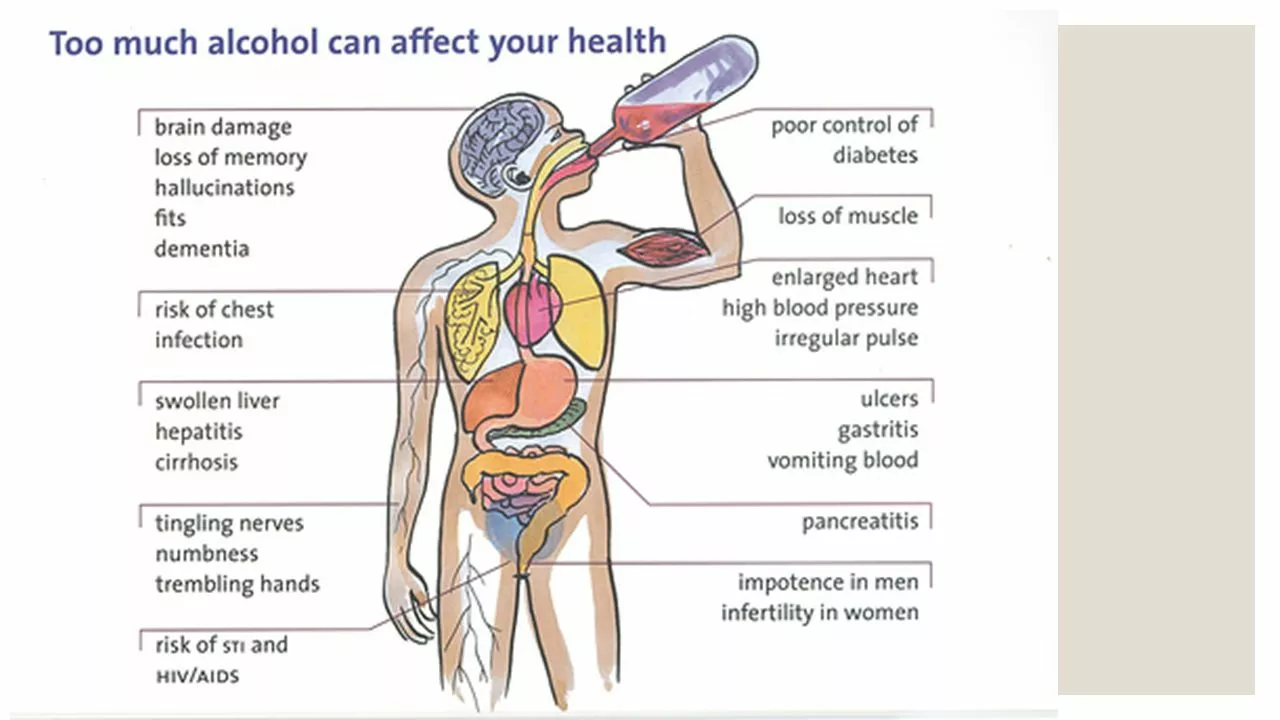Effects: What Your Medication Can Do — Good and Bad
Medications do what they’re meant to do, but they also cause effects you should know about. This tag gathers clear, practical pieces about side effects, drug interactions, lifestyle impacts, and how to manage them in daily life. You’ll find real-world advice—like drinking tips if you take spironolactone, what to expect from Nexium or Wellbutrin, and how athletes should handle asthma meds—so you can make better choices with your healthcare team.
How to read side effect information
Don’t panic when you see a long list of side effects. Focus on frequency and severity first: common mild effects matter more than rare severe ones for most people. Look for sections labeled “common,” “serious,” and “what to do” on drug leaflets or reputable sites. If an effect changes your daily life—sleep, mood, digestion, or breathing—write it down with when it started and tell your prescriber. For interactions, list every pill, supplement, and even alcohol—many problems come from mixing drugs with things you take casually.
Practical tips to reduce unwanted effects
Small changes often cut side effects a lot. Take meds with food if they upset your stomach, but check first—some need an empty stomach. Keep a consistent schedule to lower withdrawal or rebound problems. Track doses and symptoms in a simple app or notebook; that record makes appointments more useful. Ask if a lower dose, alternate drug, or timing change could help—articles here cover swaps like Symbicort alternatives and safer pre-exercise asthma options.
Special situations need specific caution. Athletes should use only WADA-approved inhalers and document prescriptions. People trying to conceive or using fertility meds, like Fertigyn HP, need close follow-up. If you’re ordering meds online, choose verified pharmacies and read reviews—our site compares trustworthy options and flags risky ones.
When symptoms are serious—chest pain, severe rash, breathing trouble, fainting—seek emergency care immediately. For less urgent but worrying effects, call your pharmacist or book a GP visit. Reporting problems to your prescriber helps them adjust treatment and helps regulators spot wider safety issues.
Want to learn more? Browse our posts tagged “effects” for focused articles: drug reviews, lifestyle tips to reduce dependence, alternatives to common meds, and how to spot unsafe online pharmacies. Each piece aims to help you act confidently, protect your health, and get the most benefit from your treatment without unnecessary risk.
The Effects of Alcohol on Hyperprolactinaemia: What You Need to Know
In my latest blog post, I explored the effects of alcohol on hyperprolactinaemia, a condition in which there is an excess of prolactin hormone in the blood. I discovered that alcohol consumption can lead to an increase in prolactin levels, potentially worsening the symptoms of hyperprolactinaemia. This is important to know, as it can affect both men and women, causing issues such as infertility, sexual dysfunction, and even bone loss. So, if you or someone you know is struggling with hyperprolactinaemia, it's crucial to be cautious about alcohol intake. Make sure to check out my full blog post to learn more about this connection and ways to manage it.






